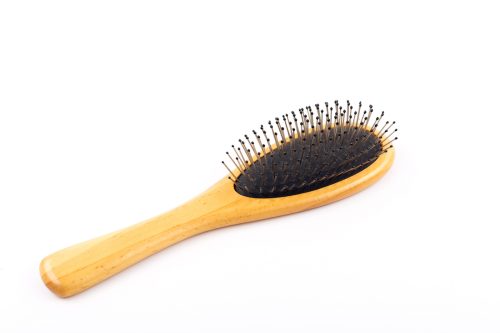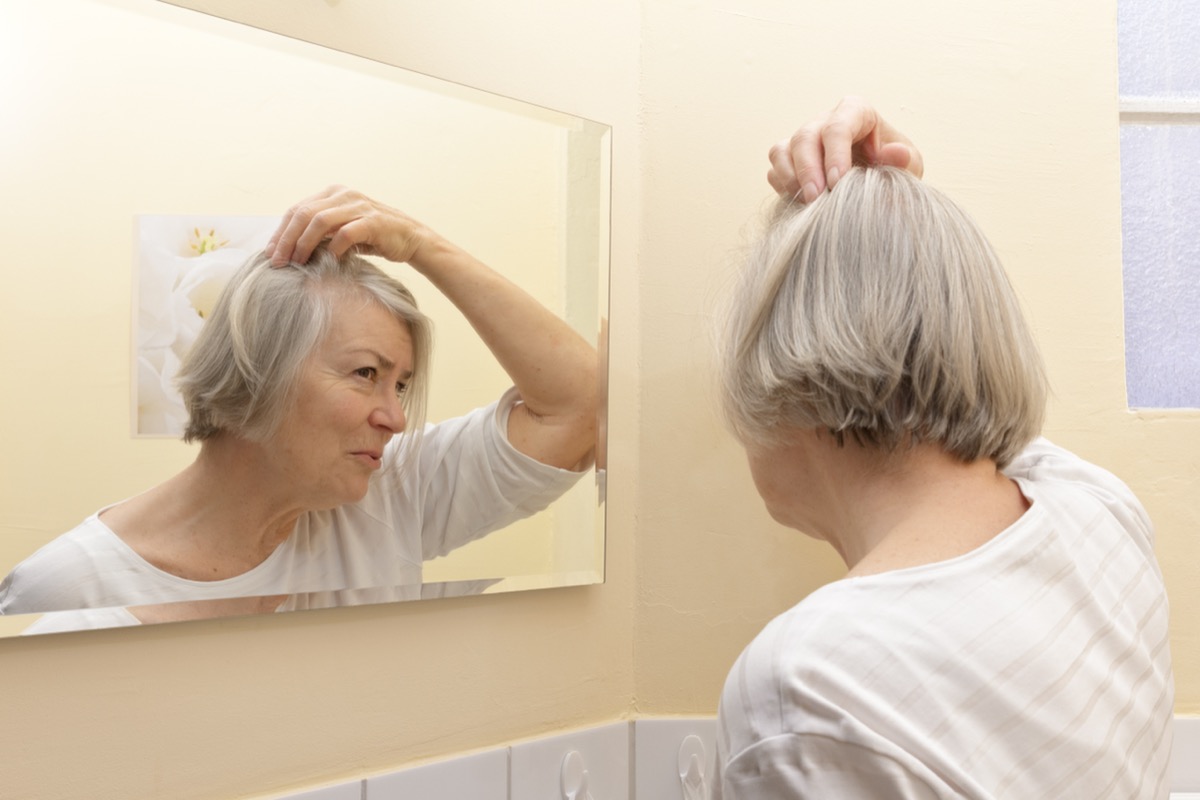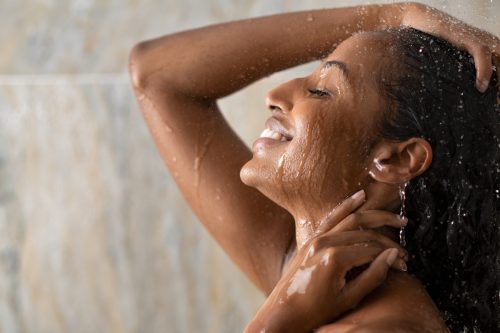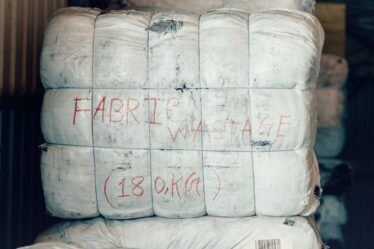
It’s a fact: Hair thinning comes with aging. While your twenties and thirties may have been defined by thick, voluminous strands, some of that density may decrease as you blow out the birthday candles. Of course, this isn’t the worst thing in the world—it’s just one of the many ways our bodies change as we enter our golden years. But our hair can be a part of how we see ourselves, and losing it may be harder for some than others. Luckily, there are ways to minimize hair thinning, including using the proper tools to care for it. Read on to find out what you should avoid doing in your beauty routine if you’re concerned about thinning hair.
RELATED: If Your Hair Is Thinning, This Food Could Be to Blame, Study Says.
Not all hairbrushes are created equal—especially when you’re trying to be gentle with your strands. Tightly bristled brushes can pull on the hair due to rough edges and cause additional breakage, especially when the hair is wet. “It’s very important to use a good wet brush after cleansing the hair,” says Gina Rivera, celebrity stylist and founder of Phenix Salon Suites. Wet brushes—which can be used on dry hair as well—typically have more widely spread teeth that are less likely to snag on your strands.
While you’re editing down your hairbrush collection, this goes for boar bristle brushes as well. These tightly bristled brushes are best reserved for thick or coarse hair textures, as they can damage thin strands.

Not all hair thinning is the result of a haircare mistake. According to Andrea Claire, a licensed hairstylist, there could be other issues at play. When one of her clients mentions hair loss, she asks them to consider the following common culprits: new hair products or chemical services, big life changes or stress, medications, changes in diet, and simply, age.
She also asks them to assess the volume of hair loss. Losing between 50 to 100 strands throughout the day is totally normal, according to the American Academy of Dermatologists (AAD). But Claires says “if you glide your fingers through your hair and 20-plus strands of hair come out, then further investigation may be required.” In other words, you’ll want to consult your GP or a dermatologist.
RELATED: For more beauty advice delivered straight to your inbox, sign up for our daily newsletter.

Once you rule out a medical issue, you can make other modifications to your hair care routine to prevent thinning. One of the most effective ones? Skipping a wash day. “Avoid shampooing daily which can cause stress onto your follicles,” says Claire.
To make sure each wash packs a punch, invest in quality shampoos and conditioners that your stylist recommends for your specific hair type. You can also coat strands with a leave-in conditioner to help moisturize and strengthen the hair shaft. “Iles Formula Finishing Serum and Color Wow’s Dream Cocktail are my new jams,” says Claire.

You already know that using heat on your hair can lead to damage. But did you know the temperature of that heat also has an impact? “Make sure that when using styling tools the settings are on low or cool heat to avoid doing damage to the hair that would cause it to break off,” says Rivera. A quality heat protectant can also work wonders.
If that’s not possible with your current ‘do, try opting for a cut that minimizes your need for hot tools. “A textured bob can often be styled by simply towel drying and using product to emphasize waves and curls,” says Rivera. “This omits additional heat exposure that is often required for styling many looks.”
Even if you’re not open to a dramatic chop, a hairstylist can guide you in building a hair care routine that will give you the strands of your dreams.
RELATED: If You’re Over 65, Not Doing This in the Shower Is Causing Hair Loss.



